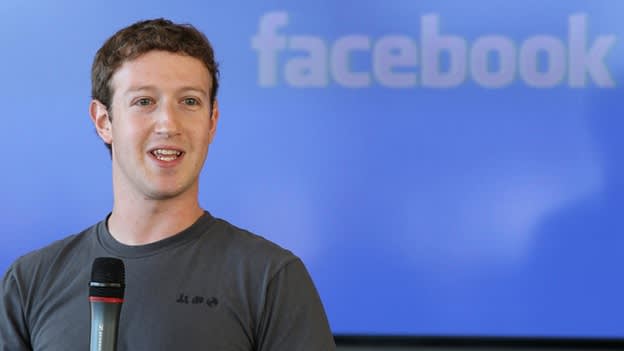Battle for the Net: Neutrals faceoff with Facebook

Connecting billions of people in India with Free Basic internet – idea proposed by Mark Zuckerberg has run into a major controversy. The net neutrality lobby is fighting tooth and nail to foil the Facebook attempt of robbing internet freedom, and their sentiments are echoed by IISc and IIT professors who have termed the FB policy as ‘misleading and flawed’ in a joint statement to Trai.
The Free Basic program was initiated (in pilot stage) about 10 months back in several states through telecom operator Reliance Communications. The Telecom Regulatory Authority of India (Trai) has asked Reliance Communications to stop providing the program to its customers as formal launch cannot commence till the regulator completes its consulatations with the stakeholders. Trai has asked Indian public to share their feedback by January 7.
Free Basics is part of FB’s internet.org’s initiative to bring impoverished people of developing countries online, providing certain free web-based services to mobile subscribers. Facebook is already offering Free Basic in 37 other countries with the nation-specific telecom partners. However, Egypt on Wednesday banned Free Basics of the social networking website. The term net neutrality was first coined by Columbia University media law professor Tim Wu in 2003.
Reasons for such an outcry against FB Free Basic:
Net neutrality supporters claim that Facebook will intercept and read all your data, via their Internet.org. Facebook, in partnership with Reliance Communications, reserves the right to reject applications from websites and apps for Free Basics, and can force them to conform to its technical guidelines. The service doesn’t offer the most used search engine i.e Google search. There might be a chance that companies which compete with the telecom operator services will not be given space on Free Basics, a point defended by Facebook where they have said will add more features from competitors. Net neutrality lobby points out that a private company should not define what is ‘basic’ to Indian internet consumers, cannot control what content costs how much, and cannot have access to the personal content created and used by them. And thus, Facebook Free Basic which ‘protects net neutrality’ as claimed by Mark Zuckerberg in his op-ed in The Times of India, as critics point out will lead to total lack of freedom on how Indians can use their internet. Consumers will be wary as Facebook will be able to get any secure information, including passwords and important information, effectively dodging https security. According to The Indian Express, founders and CEOs of nine Indian startups have come together to publicly oppose Facebook’s Free Basics initiative. The nine startups include: Zomato’s Deepinder Goyal, Paytm’s Vijay Shekhar Sharma, GOQii’s Vishal Gondal, TrulyMadly’s Sachin Bhatia, SVG Media’s Manish Vij, Teesort.com’s Alok Agarwal, Metis Learning’s Bharat Gulia, Mouthshut.com’s Faisal Farooqui, and FlipClass.com’s Vineet Dwivedi.
Mark Zuckerberg’s argument for pushing Free Basic is partly based on a research by Deloitte which showed that for every 10 people who are connected to the Web, “one is lifted out of poverty and one job is created.” People Matters in April 2015 had asked a pertinant question about Net neutrality & jobs - Who gets the ultimate benefit? India's mobile phone subscriber base has surpassed 1 billion users for the first time, data released on Wednesday by Trai showed. India is now the only country after China to have achieved this milestone. This mobile penetration is at the booming stage in India. Facebook which registers about 1.6 billion people monthly, knows that to keep its momentum going, the social networking site will need more people online. And India offers just that. The point where Zuckerberg and his critics agree is everyone deserves access to the internet.













